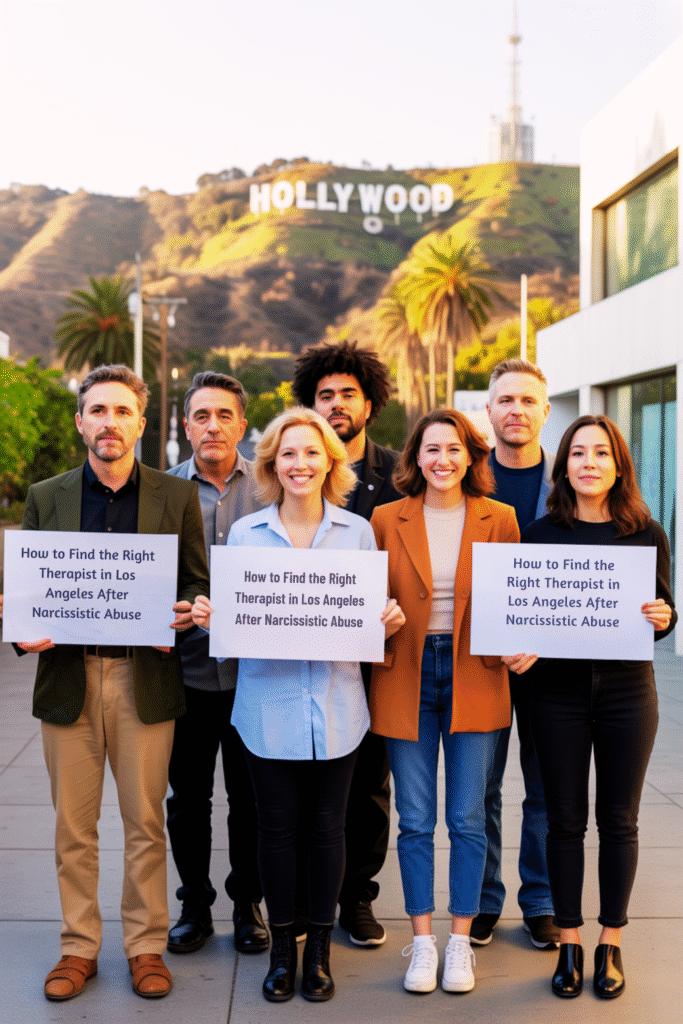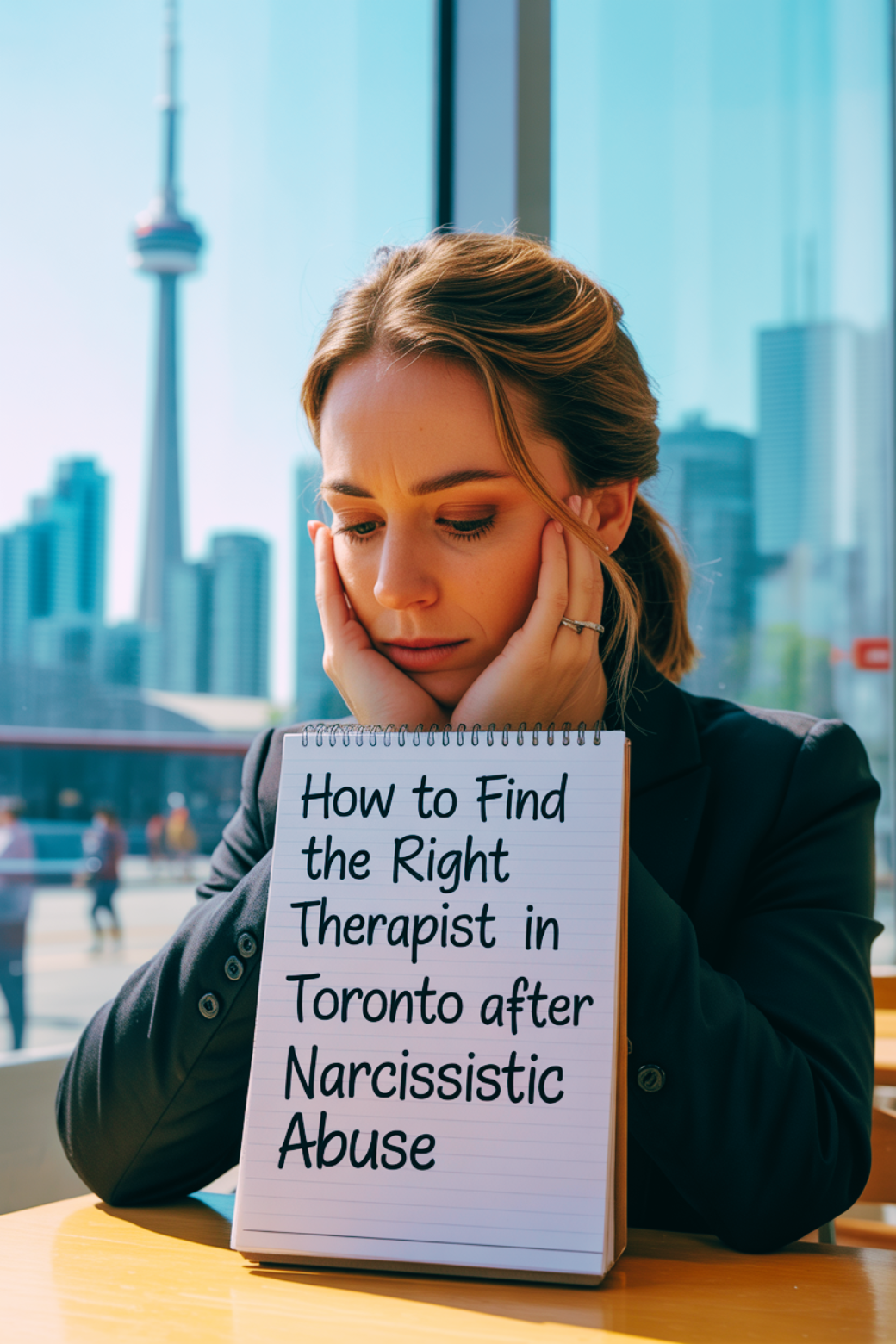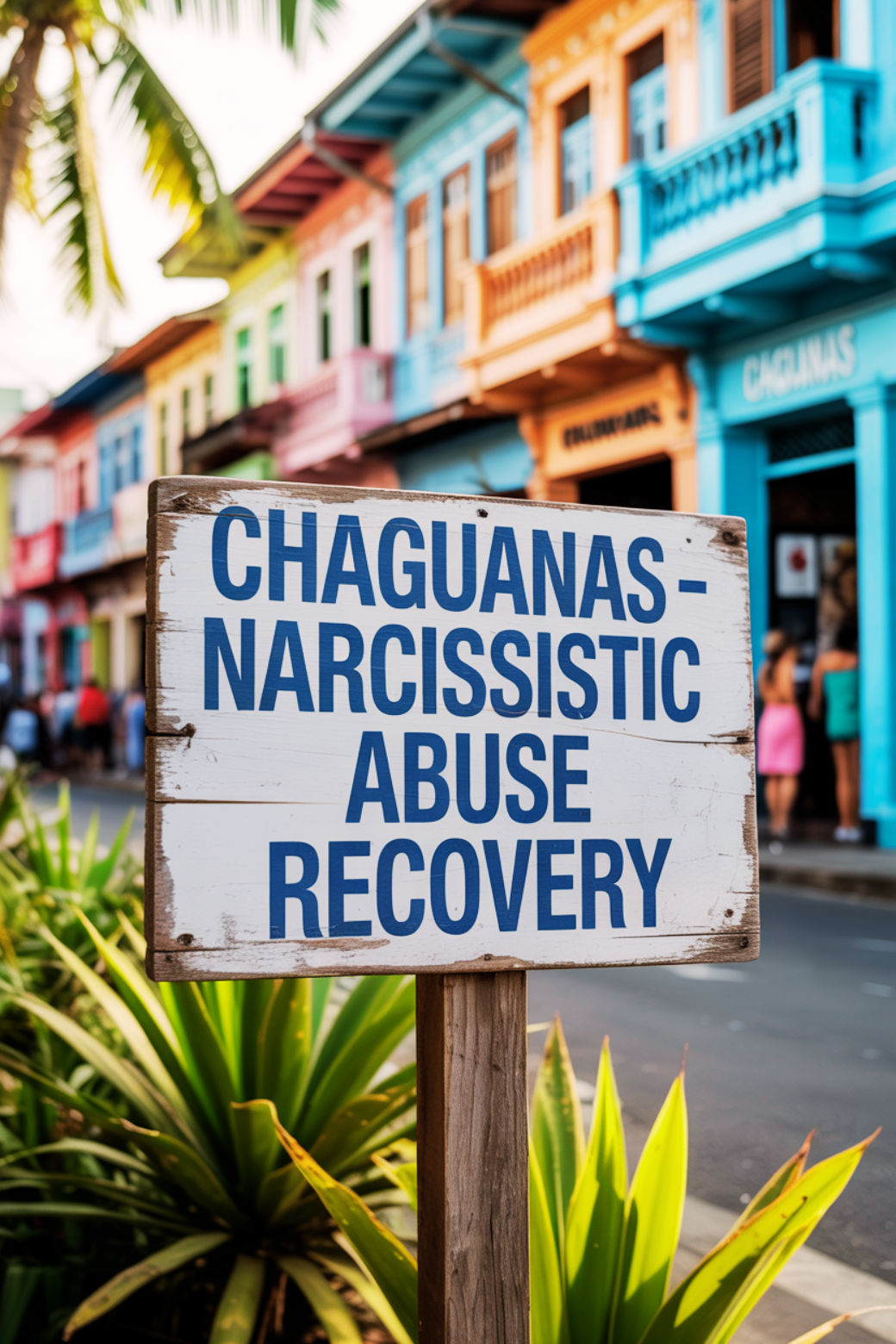Now Reading: How to Find the Right Therapist in Sydney After Narcissistic Abuse
- 01
How to Find the Right Therapist in Sydney After Narcissistic Abuse

How to Find the Right Therapist in Sydney After Narcissistic Abuse
🇦🇺 How to Find the Right Therapist in Sydney After Narcissistic Abuse
Real Recovery Starts With the Right Support
Narcissistic abuse is invisible — but it’s devastating. It dismantles your identity, replaces self-trust with self-doubt, and makes you question what’s real. Survivors in Sydney, like anywhere, often step into therapy already carrying shame, fear, and confusion — and what they need is not a quick fix, but someone who gets it.
That’s why this guide exists.
Whether you’re living in the Inner West, the Northern Beaches, the Hills District, or deep in the CBD, here’s what you need to know to find a therapist in Sydney who doesn’t just listen — but helps you rebuild what narcissistic abuse tried to destroy.
🛑 Not All Therapists Understand Narcissistic Abuse
Let’s tell the truth:
Many mental health professionals in Australia are trained in anxiety, depression, and relationship conflict — but not in manipulative abuse dynamics like gaslighting, trauma bonding, or identity erosion. And without that awareness, survivors are often:
- Minimized: “Maybe it was just a communication issue.”
- Pathologized: “Why are you still so angry?”
- Rushed: “Let’s focus on forgiveness and moving forward.”
- Invalidated: “Are you sure it was abuse?”
What survivors need is trauma-informed care that understands how narcissistic abuse operates — not therapists who fumble through it.
🧠 What to Look For in a Therapist (Sydney-Specific)
✅ Experience with narcissistic or psychological abuse
They should already know the patterns. You shouldn’t have to explain narcissistic traits.
✅ Methods that process trauma, not just manage symptoms
Look for EMDR, IFS, Schema Therapy, and somatic therapies — not just CBT or “mindfulness.”
✅ Long-term support options
True recovery from narcissistic abuse often takes time. You want someone in it with you for the long haul.
✅ Validation-centered, not blame-shifting
If they sound like your ex, walk out.
🧊 10 Essential Questions to Ask in the First Session
Survivors don’t just need a therapist. They need a safe one. Ask these early:
- Do you work with clients who’ve experienced narcissistic abuse or emotional manipulation? They should answer confidently and mention real patterns.
- How do you help rebuild self-trust after chronic gaslighting? Red flag: vague answers. Green flag: memory work, grounding, journaling, somatic safety.
- What therapy models do you use for trauma survivors? Look for EMDR, IFS, Schema Therapy, or somatic processing.
- Can you help me unpack and name manipulation I’m still unsure about? If they hesitate or dodge — they’re not ready for this work.
- How do you help someone whose boundaries were systematically broken down? They should talk about body awareness, nervous system regulation, and relational safety.
- What do you say when a client feels guilty for staying in the relationship too long? Look for “trauma bonding,” not “Why didn’t you leave?”
- How do you support someone afraid of both intimacy and isolation? Healing isn’t about choosing — it’s about restoring trust in yourself.
- If I push back or disagree in therapy, how would you respond? The right answer: collaboration. Not correction.
- Do you offer longer-term work, or are you solution-focused only? Narcissistic abuse recovery isn’t a six-session fix.
- Do you provide resources or practices between sessions? Healing happens daily — not just in the room.
🏥 Mental Health Access in Sydney
Public Services (Medicare-Backed)
Australia offers subsidized therapy through Medicare’s Better Access initiative. You’ll need a Mental Health Treatment Plan (MHTP) from your GP.
Covered:
- Up to 10 sessions per year with a registered psychologist
- Usually includes CBT, ACT, or general talk therapy
- May not be narcissistic abuse-specific
Where to start:
- Visit your GP and request a referral under MHTP
- Use HealthShare or the APS (Australian Psychological Society) to find therapists accepting Medicare
⚠️ Note: Waitlists are common. Many trauma-informed therapists operate privately.
💼 Private Therapy Options in Sydney
Private therapists often offer deeper, abuse-informed care. Expect $120–$220 per session (AUD). Some offer rebates through private insurance.
Here are clinics known for trauma-informed and narcissistic abuse recovery:
🧠
Top Therapy Clinics & Providers in Sydney
1.
The Indigo Project (Surry Hills)
- Creative, holistic, and trauma-centered therapy
- Known for identity repair, post-abuse recovery, and emotional detox work
- Offers group therapy and events for survivors
- theindigoproject.com.au
2.
Blue Horizon Counselling & Mediation (Parramatta)
- Specializes in narcissistic abuse, family estrangement, and emotional manipulation
- Offers EMDR and schema therapy
- Bilingual services available
3.
Centre for Effective Living (Hornsby)
- Psychology clinic with focus on trauma recovery and personal identity
- Safe for religious or culturally sensitive survivors
- Offers both in-person and telehealth
4.
Mindspace Psychology (Bondi Junction)
- Focused on relational trauma, CPTSD, and childhood abuse
- Integrates IFS, polyvagal theory, and somatic techniques
- LGBTQIA+ affirming and neurodivergent-inclusive
5.
Therapy for Women Australia (Telehealth and in-person)
- Women-focused therapists trained in narcissistic abuse recovery
- EMDR, attachment therapy, inner child work
- Strong emphasis on boundary repair, assertiveness, and post-abuse clarity
- therapyforwomenaustralia.com
🌐 Online Therapy Platforms (Australia-Based)
Many Sydney-based survivors prefer telehealth for privacy or convenience.
- My Mirror – Offers access to Medicare-rebated sessions, trauma-trained professionals
- Talked – Fast growing in Australia, with therapists who specialize in abuse recovery
- Lysn – Registered psychologists with telehealth access and emotional abuse specializations
- TherapistDirectory.com.au – Filter by trauma, abuse, LGBTQIA+, and language
🧭 Survivor-Led & Support Organizations in Sydney
- Women’s and Girls’ Emergency Centre (WAGEC) – Advocacy, crisis response, and trauma recovery support
- NSW Domestic Violence Line – 24/7 support, including psychological referrals
- 1800RESPECT (Australia-wide) – National support service for domestic and emotional abuse
- Full Stop Australia – Counselling, legal advocacy, and community education
- Relationships Australia NSW – Offers post-abuse and co-parenting support services
⚖️ Final Thoughts
You didn’t imagine it. You’re not overreacting. And you are not broken.
You were targeted by someone who needed you confused, compliant, and quiet.
But look at you now: searching for clarity. Demanding truth. Seeking help.
You already survived the worst of it. Now it’s time to find a therapist who knows how to help you rebuild — not by reshaping you into someone else, but by reconnecting you with yourself.
“You’re not asking for too much. You’ve just been asked to accept too little — for far too long.”















